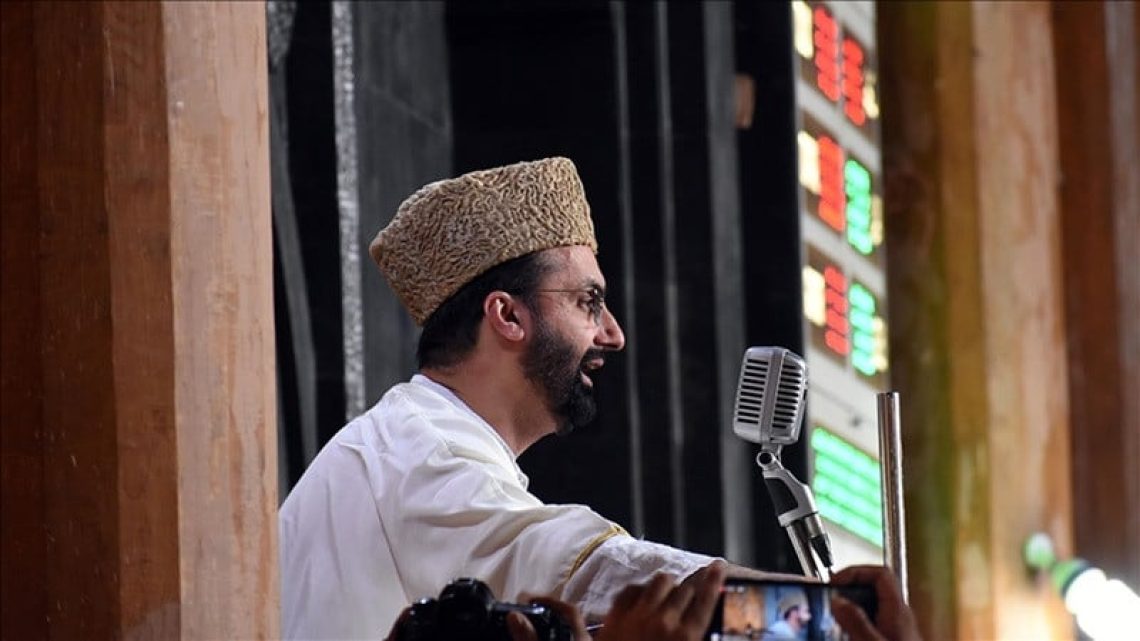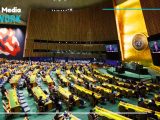
Ongoing Sham Elections: Mirwaiz Umar Farooq Called for Dialogue on IIOJK Future
September 24, 2024In the midst of ongoing sham elections in Indian illegally occupied Jammu and Kashmir (IIOJK), Mirwaiz Umar Farooq, a prominent leader of the All Parties Hurriyat Conference (APHC), has called for meaningful dialogue to resolve the Kashmir issue.
In a recent interview with The Hindu, Mirwaiz argued that elections cannot substitute for a genuine resolution process. The Hurriyat will continue to advocate for discussions that reflect the sentiments of the Kashmiri people.
He highlighted the complexities surrounding Kashmir, which is not only a territorial dispute but also a significant political and human rights concern involving India, Pakistan, and China. Mirwaiz questioned whether India could unilaterally withdraw from past agreements with Pakistan regarding Kashmir and pondered China’s potential stance in this matter.
Addressing claims from New Delhi that the Hurriyat no longer holds influence in Kashmir, Mirwaiz asserted that the organization still embodies the people’s will. He noted that since 2017, a severe crackdown has targeted Hurriyat leaders, many of whom were arrested under the Unlawful Activities (Prevention) Act (UAPA). This situation worsened in 2019, with intensified arrests and his own house detention.
Mirwaiz emphasized that despite these oppressive measures, the underlying sentiment for self-determination among Kashmiris remains unchanged. He stated, “You cannot cage people’s sentiments. As long as this sentiment exists, the Hurriyat exists.”
He pointed out that thousands of young people remain imprisoned, local leaders are detained, and civil servants have faced dismissal. Additionally, properties are seized under government orders, and local jobs and resources are increasingly accessible to outsiders.
Mirwaiz criticized the portrayal of the situation as normalcy, highlighting the severe restrictions on press freedom and expression. He argued that enforcing peace without the people’s consent is a misguided approach. True peace, he insisted, must be achieved through dialogue and mutual agreement.
He further emphasized that the current policies reflect intimidation and disempowerment, which cannot sustain long-term stability. Mirwaiz urged all parties involved to recognize Kashmir as a humanitarian issue and pursue a peaceful, dignified resolution.
In light of the Modi government’s assertions of improvement in the region, Mirwaiz countered by citing the ongoing suppression of dissent and the climate of fear that silences the local populace. This, he argued, indicates that the situation in Jammu and Kashmir requires urgent, sincere dialogue rather than mere electoral processes.

